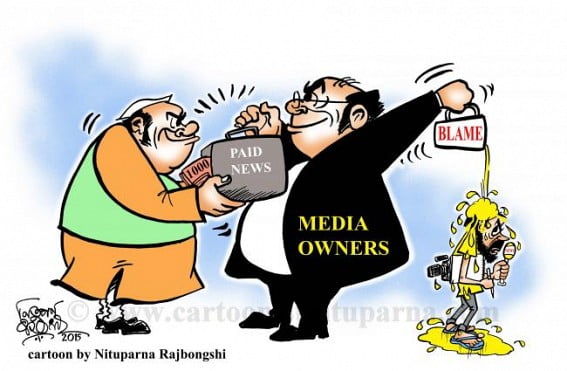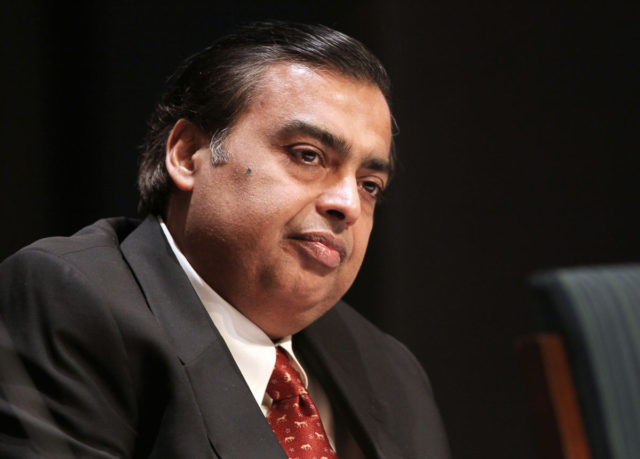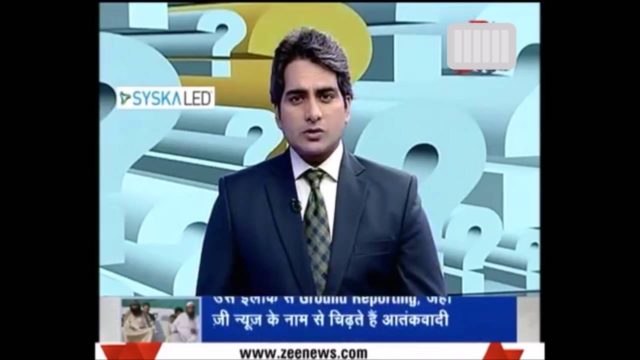By Sanjukta Das Bhowmick
Indian Politics and Indian Media have gotten too close for comfort!
In a bid to keep all its dirty game covered from the glare of public eyes, political parties have decided to foray into the media sector. They either buy them or open their own channels. So much for being unbiased!
India, a developing country follows the policy of oligopoly, in which the media houses are owned by a wide variety of bodies such as corporate houses, individuals, trusts, and societies. In such a case, the negligence or loss of one such entity reflects upon all, in turn affecting the media organisation.

Information is scattered, and incomplete in most cases.
At a time like this, which media house should the public turn to for authentic news?
Owing to cross-platform ownership and market domination in the media sectors by big business conglomerates, the news that comes out is heavily filtered, to say the least.
Absence of strict regulations on cross-media ownership has led to both vertical (across diverse media like radio, print, the internet and the television) and horizontal (across particular geographical regions) dominance by specific groups, conglomerates, and individuals.
Vertical ownership has led to several problems as reported by TRAI. Since Indian media is usually owned by large conglomerates that also has different companies, they can control both the broadcasting and distribution sector. They acquire the license under different subsidiary companies that they own and thereby bypass the restrictions imposed.
As long as this situation isn’t corrected, the media front would be compromised. Hence the suggestion that has come is that restrictions should be rather placed on “entities” rather than on “companies”, which would then include conglomerates like Dainik Bhaskar and BCCL.
Market corporatization in India is another factor behind the acquisition factor of media groups by large conglomerates.
In a game of dirty politics that has been going on for ages, media houses haven’t been able to keep themselves unsullied. Almost all the major media houses is owned by some or other political party, which makes sure that the news that gets out, is closely monitored and clipped to retain their status quo intact.
Many of the print media houses have been traditionally owned by specific political parties since their conception.
The Deccan Chronicle, for instance, has T Venkataraman Reddy as its chairman who is the son of the late congress MP T Chandrasekhar, and nephew of Congress MP T Subbirami Reddy.
Hindustan Times which has forayed into the digital sector apart from a few others has Shobhana Bhartia as the Chairperson and editorial director who is again the daughter of Industrialist KK Birla.
The director, Shamit Bhartia, is the husband of Nayantari Kothari, who is a niece of Mukesh and Anil Ambani, CEO of Reliance Industries Limited and Chairman of Anil Dhirubai Ambani Group respectively.
Read More: QuoraED: How Corrupt Is Mukesh Ambani?
Zee News, is a wholly owned subsidiary of Essel Corporate Resources Private Limited, has its shares divided among a wide number of business firms, corporate conglomerates, and individual stakeholders.
Subhas Chandra who is the Promoter of the Essel Group is the brother of Laxmi Narayan Goel, the Chairman of Suncity Project Limited and the father of Punit Goenka, the MD of Zee Ent Enterprise Ltd. (according to 2012). He also holds a Rajya Sabha ticket from the BJP.
These are just some of the facts and figures that come up in the big picture.
Apart from this there is also the factor of chain ownership operating, where the conglomerates holds most of the print and publishing business.
For instance, newspapers like the group headed by the Times of India, Ananda Bazar Patrika, The Statesman, Indian Express, Telegraph and Hindustan Times are such cases.
Such a growing trend towards ownership in a market characterised by Oligopoly, steps have to be taken to ensure that privatization and information commodification should not lead to a loss of heterogeneity and diversity. Such a move would be more harmful for the “public Good”.
Politicization of the media space has to be checked in order for authentic news that has not been tempered with. As long as political parties continue to be the big stakeholders, no media house is going to turn on its own boss and report something that would contribute to their bad name.
Source Credits: Navneet Arora and Chirali Sharma
For more such eye openers, give this a read:-
Media Propaganda Behind Mukesh Ambani’s Jio- Wonder Why It Is Hyped Up So Much!





































